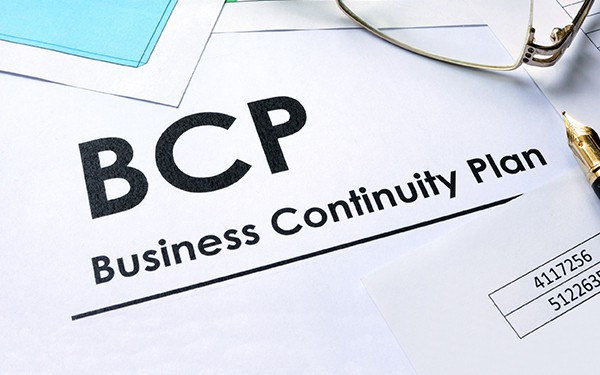
Business Continuity Planning and reducing your insurance premiums
Posted on 26th April 2019 by Phil Ainley
This service is offered by our partners at Caunce O’Hara Insurance Brokers Limited. To find out more please visit www.cohibl.com or call 0161 833 2100.
By using a risk assessment strategy and setting up a steering committee to draw up emergency and recovery plans, the potentially catastrophic effects of a serious loss such as a large fire, can be mitigated.
If the business is unable to trade for a prolonged period, the consequences can include;
- existing customers find alternative suppliers.
- new customers are not attracted to the business.
- loss of company reputation and prestige.
Resumption of trading as quickly as possible is therefore vital. Especially considering that 65% of single site businesses fail following a serious fire and 70% of businesses have no Business Continuity Plan (BCP) in place in the event of such an event.
Planning Steps to successful BCP
- Carry out a Risk Assessment – Identify ‘threats’ and ‘risk areas’ and assess the likely impact. Adopting a risk-based approach a priority action plan can be determined.
- Appoint a committee or team consisting of representatives from each main area of the business and allocate appropriate resources.
- Appoint a BCP Coordinator to take overall charge of the team. This should be a senior executive and someone with the appropriate authority to make decisions and implement action plans.
- Determine the objectives of the BCP. These should include; enabling the business to continue to operate as normally as possible, resume normal working as quickly as possible.
- Prepare and revise as necessary an Emergency Plan and a Recovery Plan.

A survey by BIBA (British Insurance Broker’s Association) indicated that 96% of respondents with understanding of BCP felt that having a plan would keep businesses trading or reduce costs incurred when the business may have otherwise failed.
Insurers are increasingly looking to BCP to mitigate loss and 83% of insurers would allow a discount or improved terms if a Business Continuity Plan is in place.
We find that business continuity planning is increasingly used as a measure of competent business management and there is much work to be done in the SME market.
Small businesses appear to be most at risk from the effects of a major disruption, usually water or fire related, so BCP is key in protecting such businesses.
Bespoke Business Continuity Planning
Caunce O’Hara can provide a bespoke Business Continuity Plan following a risk management audit, or simply advise your team if your company is at risk through a lack of planning. Our dedicated risk management surveyor can lead and advise in this very important area.
Please contact stevehaines@hjsites.co.uk to discuss your requirements and request a highly competitive quotation.
Related Articles:
Risk Management – covered so you can work worry free
Preparation in the event of a flood
Author Steve Haines, Risk Manager at Caunce O’Hara Insurance Brokers Ltd
Useful Links

Professional Indemnity Insurance
Protects against claims of alleged negligence in your professional services, advice and designs.

Employers' Liability Insurance
A legal requirement for anyone employing staff. Protects your business in-case an employee is injured at work.

Directors and Officers Insurance
Protects your assets in the event of a claim. You may be held personally responsible for your business action and will have unlimited personal liability.
